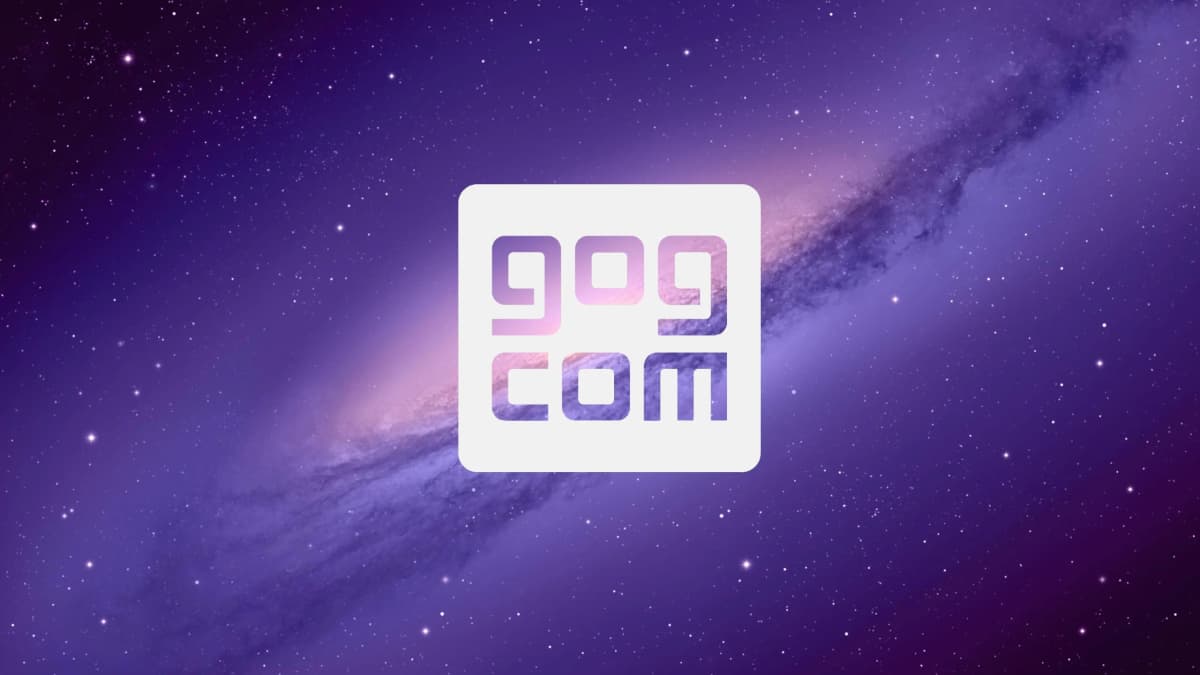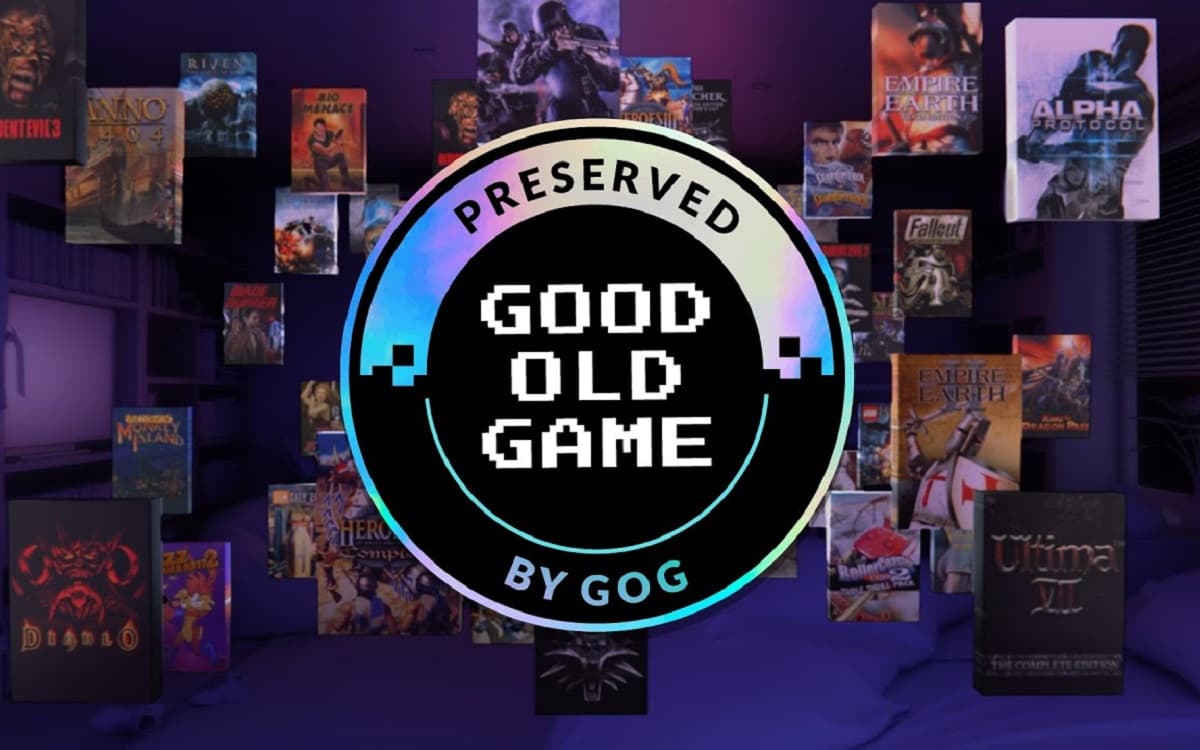
This caught my eye because I’ve used GOG since the Good Old Games days, back when “DRM-free and it just works on modern PCs” wasn’t a mainstream idea. Now CD Projekt’s storefront is formalizing that ethos into a full-blown preservation program-one that apparently involves private investigators, rights sleuthing, and tracking down long-lost creators to bring vanished titles back from the void.
According to GOG’s leadership, resurrecting some retro games is less about flipping a switch and more about solving a rights mystery. Maciej Gołębiewski, GOG’s GM, puts it plainly: “It’s an investigation: who inherited the rights, and to which part exactly?” It’s not just the code. It’s the music, the trademark, the cinematics—the lot. One snag they called out: even getting Capcom to the table for the original Resident Evil PC releases was tough. The end result did land this year—those classic REs hit GOG DRM-free—but the road there was clearly messy.
Messy enough that GOG hired a UK private investigator to find an isolated rights holder who had no phone, no online footprint, and didn’t even know they’d inherited the rights via an estate. That’s not a PR stunt; that’s the unglamorous reality of a medium where legal ownership often outlives companies, contracts, and sometimes the devs themselves.
The human side is the part I didn’t expect. Marcin Paczynski from GOG describes meeting a Vietnam veteran who later founded a Texas oil company—but back in the ’80s, he made military sims. Despite a schedule you’d assume is locked down, he was all-in on helping bring them back: “I love these games; they’re part of my legacy.” That’s the kind of energy preservation needs: people who care more about players discovering these works than about letting the disks gather dust on a shelf.

We’ve watched platform holders pull up the drawbridge on older libraries—Nintendo shutting the 3DS/Wii U eShops, Sony nearly axing PS3/Vita before backpedaling, and games disappearing from storefronts because of expired music or likeness rights. Spec Ops: The Line went poof earlier this year; Metal Gear classics came and went. PC has always had emulation and abandonware scenes filling gaps, but that’s a legal gray zone most players won’t touch.
GOG embracing the hard, legal path matters because it combines legitimacy with player-first delivery. Their releases are DRM-free with offline installers, often wrapped in DOSBox or ScummVM, and usually tuned to run on modern Windows without a weekend of forum spelunking. That doesn’t replace a national archive or the Internet Archive’s mission, but for regular gamers who just want to play, it’s a pragmatic win.
The upside is obvious: more classics come back in working order, legally, and without online DRM handcuffs. The Resident Evil PC ports finally reappearing on GOG was a tangible payoff, even if those versions need TLC. We’ve seen GOG do this before with Diablo, System Shock 2, and a long list of PC gems that used to require arcane setup wizardry. If this new program accelerates that pipeline—especially for niche sims, old shareware darlings, and mid-’90s PC oddities—I’m in.

Skepticism check, though: a storefront isn’t an archive. Licenses still expire. Regional rights can hamstring releases. Licensed soundtracks get replaced or cut. And sometimes the best version isn’t the one that’s legally releasable—think of games where fan patches address issues the publisher can’t touch. Preservation needs more than heroic licensing; it needs collaboration with communities that have been keeping these games playable for decades.
If GOG truly wants to move the needle, here’s what I’d like to see: more transparent changelogs and versioning; official integration of key fan patches where possible; partnerships with groups like ScummVM and PCGW; and some form of “escrow” commitment that keeps releases available if a deal lapses. Even a public “wanted list” of titles they’re chasing (No One Lives Forever says hi) would help the community rally.
Plenty of companies tweet about “loving gaming’s heritage”; few hire a private eye to track down a missing rights holder. That grit is the difference between nostalgia-flavored marketing and actual preservation. Pair that with GOG’s DRM-free DNA and a recent track record of getting stubborn classics back online, and this program feels less like corporate varnish and more like a team rolling up its sleeves.

It won’t save every game. Rights thickets and lost source code will keep claiming victims. But if this approach becomes contagious—if more publishers do the boring legal work, and more creators treat their old games as cultural artifacts we deserve to access—then players win. And frankly, so does gaming history.
GOG is formalizing game preservation and doing the hard stuff—rights investigations, private detectives, and awkward calls with big publishers—to revive lost PC classics, DRM-free. It’s not a perfect solution, but it’s real progress players can actually benefit from.
Get access to exclusive strategies, hidden tips, and pro-level insights that we don't share publicly.
Ultimate Gaming Strategy Guide + Weekly Pro Tips